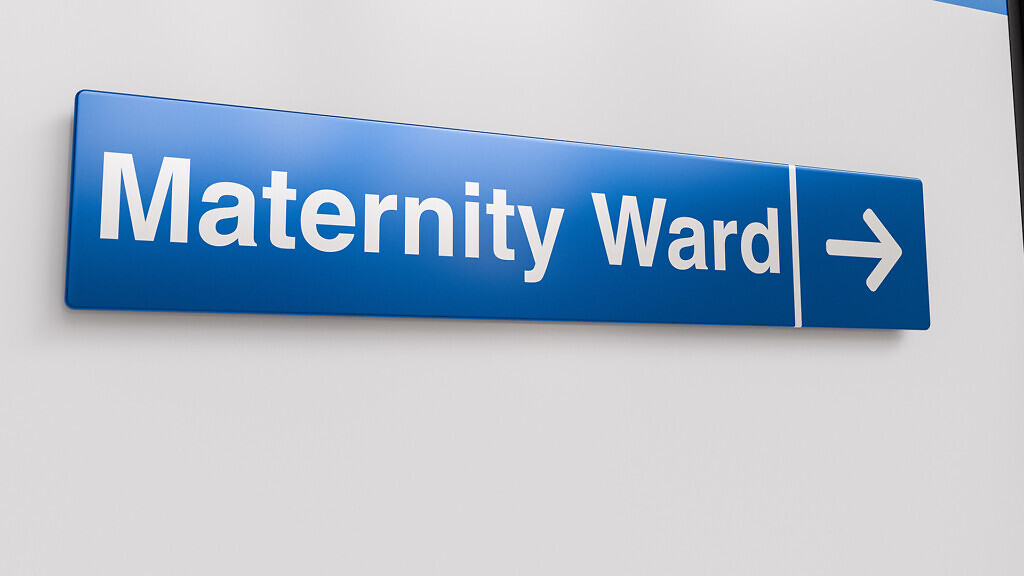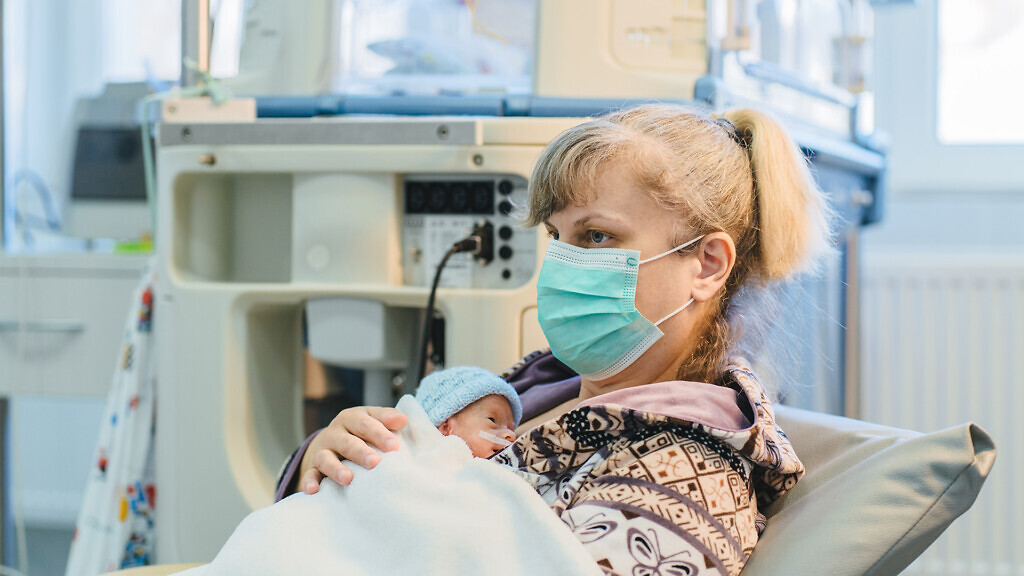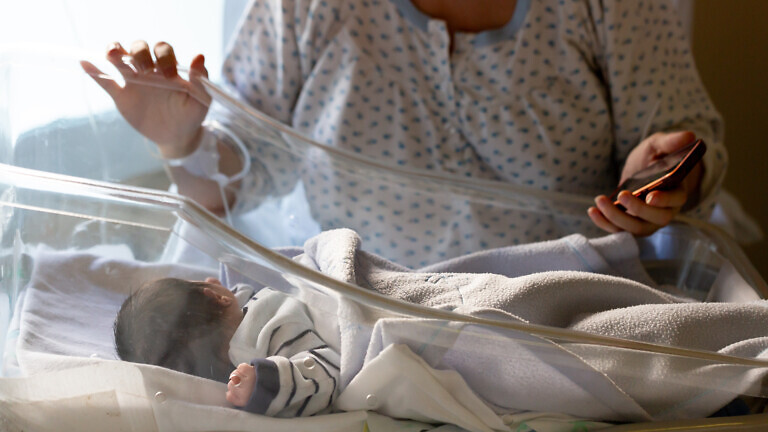After a decade of devastating maternity scandals, a new national investigation has been launched to uncover why harm continues to occur in maternity and newborn care. But for these inquiries to truly make a difference, they must move beyond blame, and turn insight into action.
A system under scrutiny
The UK’s maternity services are once again under the microscope. In June 2025, the government announced a nationwide investigation into maternity and neonatal care, following a series of high-profile scandals that exposed deep-rooted failings across NHS trusts.
This comes after a decade of tragic revelations:
- Morecambe Bay (2015) found “serious failures of clinical care” leading to avoidable deaths of mothers and babies.
- Shrewsbury and Telford (2022) revealed that at least 201 babies and nine mothers might have survived with better care.
- East Kent (2022) identified 45 preventable baby deaths and described a “culture of denial, collusion and cover-up.”
Each of these inquiries called for learning and change. Yet many of the same themes, poor communication, failure to escalate, lack of accountability, continue to reappear.

Investigations must illuminate, not punish
Healthcare investigations too often focus on who is to blame rather than why things went wrong. When that happens, the opportunity for systemic learning is lost.
Effective investigations must uncover the full context of harm: how staffing pressures, communication breakdowns, leadership failures and cultural issues intersect to create risk. Human factors analysis, understanding the real-world conditions under which clinicians operate, is vital.
An investigation is not a legal exercise. It is a learning process that should bring clarity, compassion, and constructive accountability. Families need honesty. Professionals need psychological safety to speak openly and improve. Only when both are present can true learning take place.
The power of culture
Culture is the invisible thread that binds every clinical action and decision. When staff are fearful of being blamed, they stop reporting concerns. When leaders fail to listen, silence becomes the norm.
Each of the major maternity investigations revealed environments where staff were afraid to speak up and lessons were not shared. This is not simply a failure of individuals, it is a failure of systems and culture.
Building psychological safety within healthcare organisations must therefore be a priority. Leaders set the tone: when they model openness, empathy and accountability, teams follow. Policies cannot change culture, but leadership can.
From local failures to national learning
The new maternity services investigation presents a vital opportunity: to move from isolated reviews to coordinated, system-wide learning.
Each trust’s experiences, its data, its themes, its human stories, should feed into a national learning framework capable of identifying trends and predicting risk. That requires independent analysis, consistency in methodology, and a commitment to transparency.
This is where organisations such as TMLEP can play a transformative role, connecting the dots between individual cases to identify patterns of risk before they escalate into tragedy. Data-driven insights, when paired with a human understanding of care, can shift investigations from reactive to preventive.

Beyond recommendations: Making learning real
Many reports conclude with long lists of recommendations that quietly fade from view. To achieve meaningful change, investigations must produce measurable, trackable outcomes that drive ongoing improvement.
Effective learning systems should include:
- Real-time feedback loops, ensuring findings lead quickly to action.
- Integrated governance, linking investigation outputs to organisational oversight.
- Patient and staff involvement, ensuring learning reflects lived experience.
- Public transparency, so progress is visible and accountability maintained.
Learning that isn’t shared, measured or embedded will not last. Investigations must therefore evolve into continuous improvement systems, living processes that inform daily practice, not static documents gathering dust.
A collective responsibility
Improving maternity safety cannot rest on one inquiry or one organisation. It demands collaboration between families, clinicians, investigators, and policymakers.
Families deserve compassion and clarity. Clinicians deserve environments where they can learn without fear. The public deserves a healthcare system that is open about its failings and relentless in its pursuit of improvement.
Investigations are not endpoints, they are catalysts. If this new national effort can move the conversation from shame to system learning, the outcome will not just be safer maternity care, but a stronger, more trustworthy NHS.
For more information on TMLEP’s services, click here.




